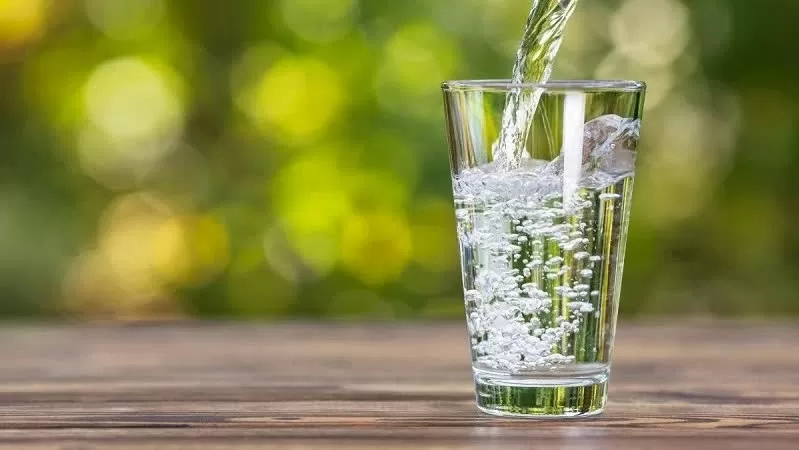 |
The role of water in the kidneys
In the body, the kidneys work constantly to filter waste, balance electrolytes, and regulate blood pressure. When the kidneys fail, toxins can build up, leading to problems such as high blood pressure, anemia, and bone disease.
According to statistics, 1 in 7 adults have chronic kidney disease. Dehydration is a factor that contributes to the decline in kidney function, so understanding daily water needs becomes urgent.
Every day, your kidneys filter about 190 liters of blood, removing waste and excess fluid through urine. Drinking enough water helps dilute substances such as urea, sodium, and toxins, thereby reducing the risk of kidney stones, urinary tract infections, and long-term kidney damage.
According to the Times of India, research shows that drinking enough water is associated with a reduced risk of developing and progressing chronic kidney disease. However, drinking too much water - especially in people with impaired kidney function - can cause hyponatremia, a dangerous condition.
Not everyone needs 8 glasses of water a day.
The amount of water your body needs each day depends on many factors such as body weight and size, activity level, environmental temperature, diet (especially if you eat a lot of salt or protein), medical conditions related to the kidneys, heart, diabetes, as well as the type of medication you are taking (such as diuretics that cause dehydration).
According to the Mayo Clinic , the total amount of water the body needs each day (from beverages and food) is about 3.7 liters for men and about 2.7 liters for women.
Of which, filtered water alone is recommended at about 1.5-2 liters/day (6-8 glasses) for healthy adults. People living in hot areas or exercising regularly need more water.
For people prone to kidney stones, it is necessary to ensure urine output of at least 2.5 liters per day - equivalent to drinking about 3 liters of water.
Meanwhile, some cases require water restriction. In people with medical conditions such as kidney failure, heart failure, cirrhosis or hyponatremia, drinking too much water can lead to water retention, edema or dangerously low sodium. These cases require strict instructions from a specialist.
In addition to plain water, herbal teas, low-sugar juices, and decaffeinated coffee all contribute to hydration. A 2016 study found that moderate amounts of caffeinated beverages also help maintain fluid balance.
However, soft drinks and energy drinks are high in sugar and phosphate, which can damage the kidneys and increase the risk of kidney stones. Alcohol does not count toward your water intake because it is a diuretic, causing more dehydration.
Source: https://baoquocte.vn/mot-ngay-uong-bao-nhieu-nuoc-la-du-323110.html



































































































Comment (0)